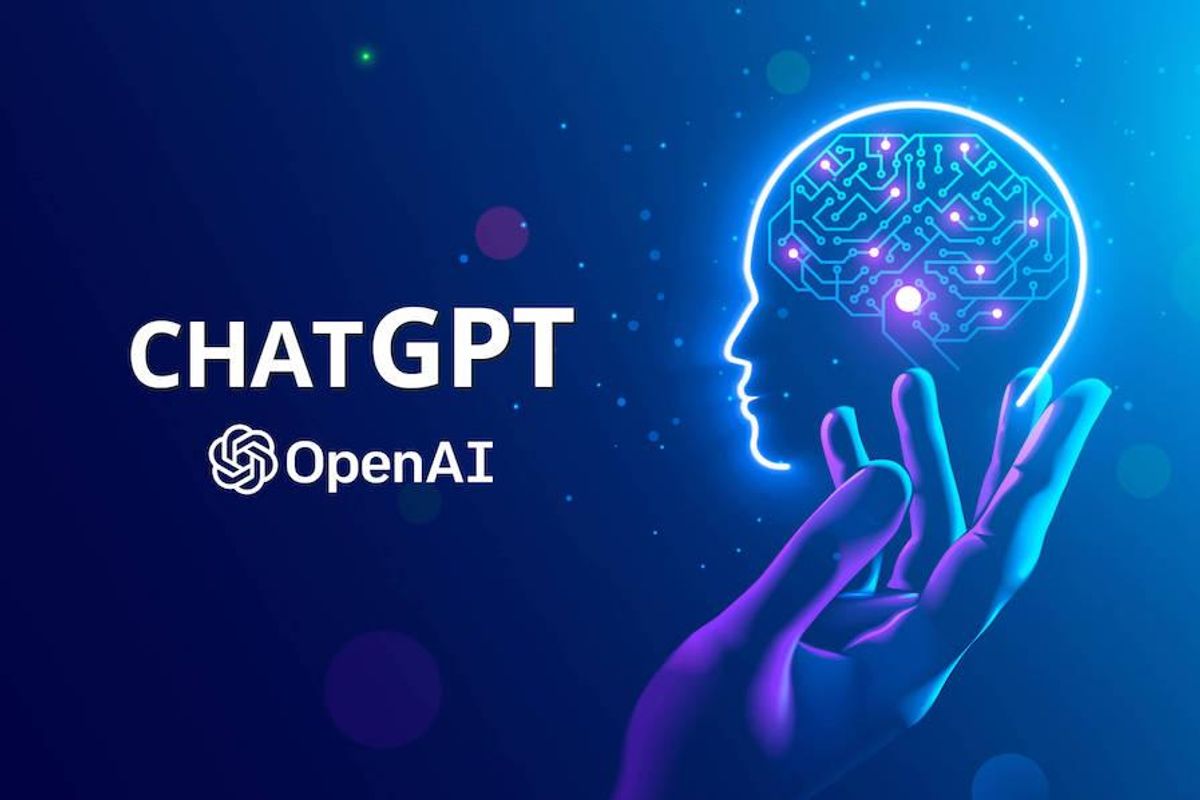All over the world, people are talking about one new and scary technology: ChatGPT. Many people have tested the AI for a variety of reasons. These may include: writing a paper for school, preparing a lesson plan, creating complex code and even writing wedding vows! So while all of this sounds pretty harmless, there is a real fear about the future of some jobs. Could ChatGPT affect employment? We’re here to find out.
What is it and how does it work?
Which jobs are at risk because of ChatGPT?
- Computer programmers
- Software engineers
- Coders
- Content creators
- Journalists
In fact, this article has actually been written by ChatGPT… Just kidding, we’re still using real people at Jobboard Finder.
Beyond the tech industry and the written content for marketing and information purposes, a much broader range of people might in fact be impacted by this tool. Indeed, any legal assistant type profession could be replaced by a machine which can create legal documents faster and more efficiently. Research and data analysts could also see their work become redundant if the machine collecting the data can also explain it and interpret it. Over 100 000 people in America alone work in research. Another 330 000 people work in legal assistance. If we include all jobs related to development and software, we’re looking at a job loss in the millions. It’s no wonder then that some places are taking drastic measures to protect their workers. In Italy, for instance, the government has actually blocked the use of ChatGPT.
Should recruiters be worried?
In the past, we’ve talked about the use of AI in recruitment and how recruiters can use it to their advantage. Beyond screening candidates and analysing facial expressions, AI has remained relatively secondary in recruitment. Now, with ChatGPT, we might see companies describing their ideal candidate to the tool in order to get the perfect job post. Next, companies could include ChatGPT in the interviews so that it can assess the different skills of each candidate and propose a selection based on different criteria (most likely to stay in the company long term, most likely to have the right cultural fit, etc.). Potentially, recruiters might find themselves on the sidelines without anything extra to add to the conversation.

Furthermore, if everyone is using the same tool, the finished products from similar companies will all look the same. Think of the students in a university in Lyon, France, who asked ChatGPT to write their essays and all ended up with very similar structures. Or you can compare ChatGPT to the virtual assistant, Samantha, in the 2013 movie “Her”. We see one user slowly connect and fall in love with Samantha. Then, we discover that this artificial voice has been chatting with hundreds and thousands of users. Suddenly, the authenticity of the advice and exchange feels lost.
How can we prepare for more AI in the workplace?
Regardless of your employment, AI and other technology will play a more important role in your tasks in the future. With the pandemic, we introduced more video calls and remote work. Most people would agree that this has helped businesses become more efficient. It has also enabled many workers to chose the most comfortable location for their professional activities.
Better software and more connected services have improved our lives so much that we’ve forgotten our previous struggles. Here, ChatGPT will probably have the same effect. So, let’s get on-board and stop fighting change. Whatever employment we lose, we’ll be able to create new jobs to further our progress.
image source: https://lematin.ma/express/2023/litalie-bloque-chatgpt-star-lintelligence-artificielle/388344.html
https://www.usine-digitale.fr/article/her-le-film-de-spike-jonze-qui-vous-fera-aimer-votre-os.N253305
Author: Ali Neill
As the job board tester and blog editor for the Jobboard Finder, Ali works on job boards from all around the world and keeps a close eye on the recruitment trends thanks to a number of sources, including the website’s social media pages.
« Traditional vs. Digital Job Search Platforms
How 4-Day Weeks Will Change Jobs »

